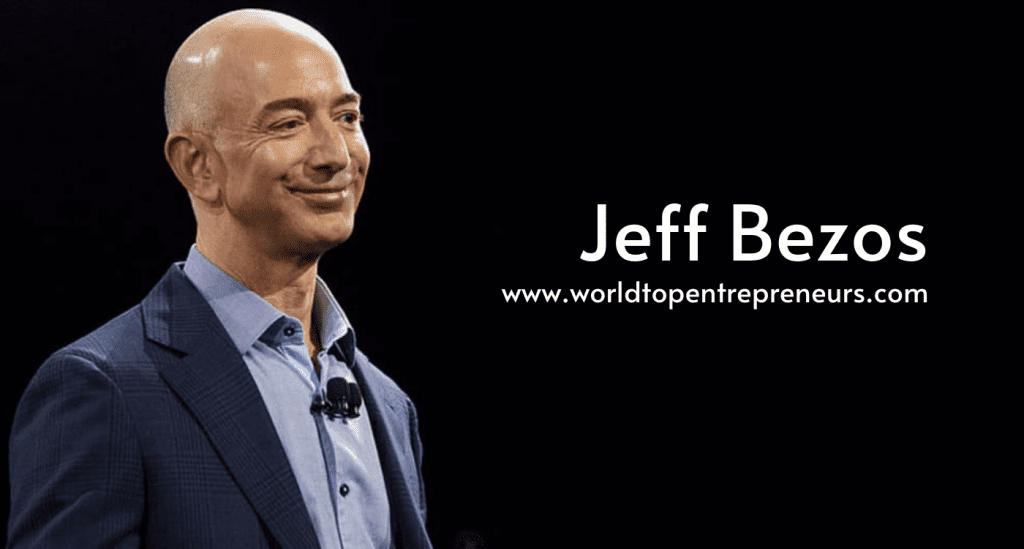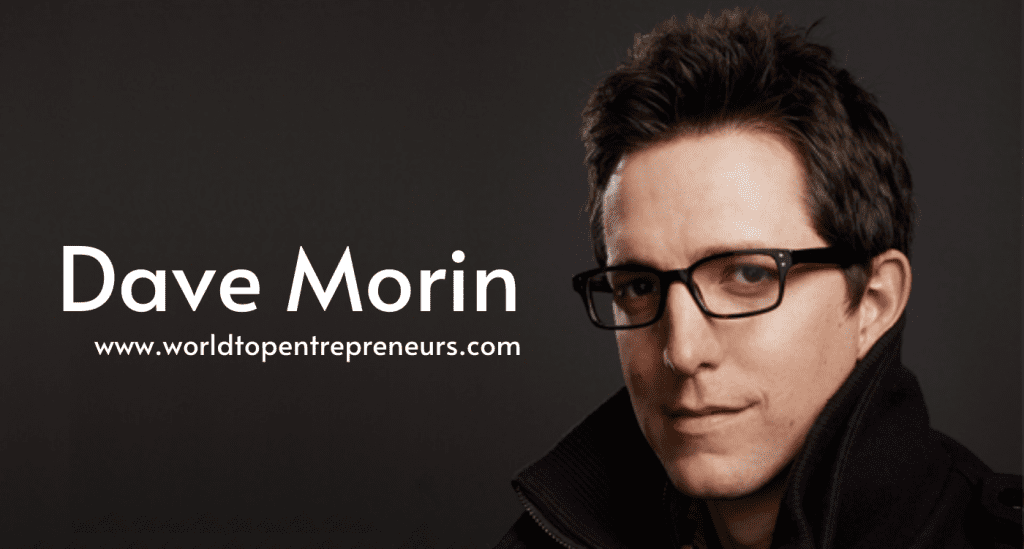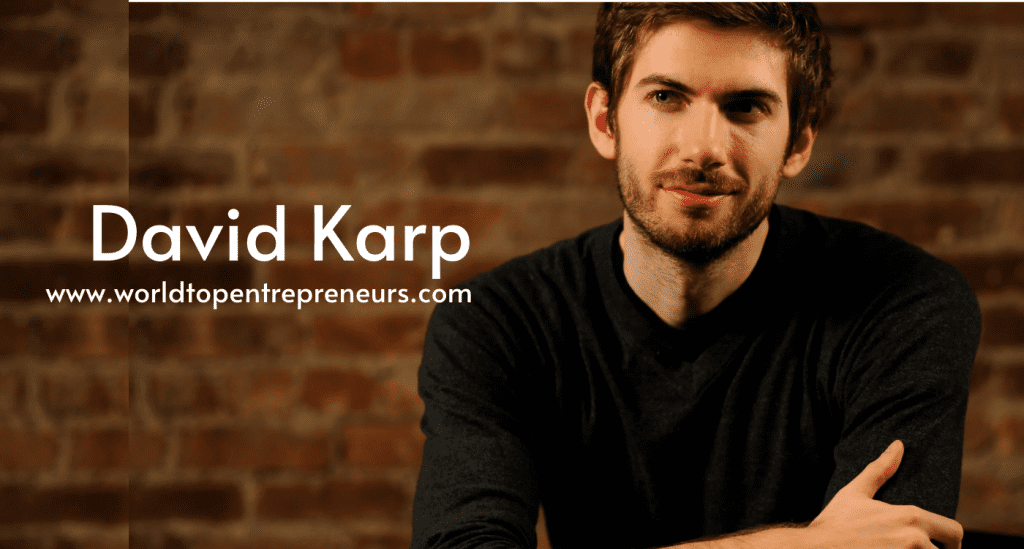Jeff Bezos is a name synonymous with e-commerce, innovation, and immense wealth. As the founder of Amazon, one of the world’s largest and most influential companies, Bezos has redefined the way we shop, read, and even think about space travel. His journey from a modest upbringing to becoming one of the wealthiest individuals on the planet is not just a story of financial success but also a testament to visionary thinking, relentless innovation, and unwavering determination.
Early Life and Education
Jeffrey Preston Bezos was born on January 12, 1964, in Albuquerque, New Mexico. His mother, Jacklyn Gise, was a teenager at the time of his birth, and his father, Ted Jorgensen, owned a bike shop. However, the marriage was short-lived, and Jacklyn soon remarried Cuban immigrant Miguel Bezos, who adopted Jeff and gave him his surname.
From an early age, Bezos exhibited a keen interest in science and technology. He would tinker with gadgets, often disassembling and reassembling them to understand how they worked. This curiosity was nurtured by his grandfather, Lawrence Preston Gise, a regional director of the U.S. Atomic Energy Commission in Albuquerque. The family later moved to Houston, Texas, where Miguel worked as an engineer for Exxon.
Bezos attended River Oaks Elementary School in Houston from fourth to sixth grade. He then moved to Miami, Florida, where he attended Miami Palmetto Senior High School. During his high school years, Bezos worked at McDonald’s as a short-order line cook during the breakfast shift. His early jobs taught him valuable lessons about customer service and efficiency.
Bezos’s academic excellence earned him a National Merit Scholarship, and he graduated as valedictorian of his high school class. In his graduation speech, he expressed his dream of the human race colonizing space, foreshadowing his later ventures into space exploration.
Bezos went on to attend Princeton University, where he pursued a degree in Electrical Engineering and Computer Science. He graduated summa cum laude in 1986 and was inducted into the Phi Beta Kappa honor society. His education at Princeton equipped him with the technical knowledge and problem-solving skills that would later prove invaluable in his entrepreneurial endeavors.
The Genesis of Amazon
After graduating from Princeton, Bezos worked at several Wall Street firms, including Fitel, Bankers Trust, and the investment firm D.E. Shaw & Co., where he quickly rose through the ranks to become the youngest vice president in the company’s history. Despite his success in finance, Bezos felt a growing desire to start his own venture.
In 1994, Bezos stumbled upon a startling statistic: Internet usage was growing at an annual rate of 2,300%. Recognizing the immense potential of the internet, he decided to create an online bookstore. Leaving behind a promising career on Wall Street, Bezos moved to Seattle and began working on his new project.
Bezos chose books as the first product for his online store because of the vast number of titles available. Unlike physical bookstores, which could only stock a limited number of books, an online store could offer a virtually unlimited selection. This idea laid the foundation for Amazon, which he launched from his garage on July 5, 1994. Bezos initially named his company “Cadabra,” as in “abracadabra,” but later changed it to Amazon, inspired by the vast South American river, symbolizing his vision for the company’s boundless reach.
The Early Days and Challenges
The early days of Amazon were far from glamorous. Bezos, along with a small team, worked long hours in his garage, packing orders and driving packages to the post office. The website went live on July 16, 1995, and within a month, Amazon had sold books in every U.S. state and 45 countries. Despite the rapid growth, the company faced numerous challenges, including skeptical investors and intense competition from established bookstores.
Bezos’s leadership style during these formative years was characterized by his hands-on approach and insistence on customer obsession. He famously placed a customer’s email directly on his desk, reminding everyone that the customer should always be at the center of Amazon’s decisions. This customer-centric philosophy became a cornerstone of Amazon’s success.
The Expansion of Amazon
Amazon’s initial success with books soon led to the expansion of its product offerings. Bezos envisioned Amazon becoming the “everything store,” where customers could find anything they wanted to buy online. By the late 1990s, Amazon had added music, electronics, toys, and more to its inventory.
In 1997, Amazon went public with an initial public offering (IPO) that raised $54 million, giving the company the capital it needed to continue its aggressive expansion. However, the late 1990s also brought the dot-com bubble, a period of excessive speculation in internet-based companies. Many of Amazon’s competitors went bankrupt during this time, but Bezos’s long-term vision and strategic investments helped Amazon weather the storm.
One of Bezos’s key strategies was reinvesting Amazon’s profits back into the business rather than focusing on short-term profitability. This approach enabled Amazon to build a robust infrastructure, including warehouses and distribution centers, which later became a significant competitive advantage.
Innovation and Diversification
Bezos’s relentless pursuit of innovation has been a driving force behind Amazon’s growth. In 2002, Amazon launched Amazon Web Services (AWS), a cloud computing platform that has since become one of the company’s most profitable divisions. AWS offers a range of services, including storage, computing power, and databases, and is now a critical component of the digital infrastructure for businesses worldwide.
In 2005, Amazon introduced Amazon Prime, a subscription service offering free two-day shipping, access to streaming video and music, and other benefits. Prime not only boosted customer loyalty but also created a recurring revenue stream for the company. Today, Amazon Prime has over 200 million members globally, making it one of the most successful subscription services in history.
Bezos also revolutionized the way we read with the introduction of the Kindle e-reader in 2007. The Kindle allowed users to download and read books electronically, making it easier than ever to access a vast library of content. This innovation disrupted the traditional publishing industry and solidified Amazon’s dominance in the book market.
Beyond E-Commerce
Under Bezos’s leadership, Amazon has ventured into numerous other industries, often with significant impact. The acquisition of Whole Foods Market in 2017 marked Amazon’s entry into the grocery business, enabling it to combine physical stores with its online shopping capabilities.
Amazon’s foray into entertainment has also been notable. Amazon Studios produces original films and television series, many of which have received critical acclaim and awards. Additionally, the company acquired the live-streaming platform Twitch in 2014, tapping into the growing market for video game streaming.
One of Bezos’s most ambitious ventures is Blue Origin, a private aerospace manufacturer and spaceflight services company he founded in 2000. Blue Origin aims to lower the cost of space travel and enable human colonization of space. In 2021, Bezos himself traveled to space aboard Blue Origin’s New Shepard rocket, marking a significant milestone for the company and the broader space tourism industry.
Leadership Style and Principles
Bezos’s leadership style is often described as visionary, data-driven, and customer-focused. He is known for his “Day 1” philosophy, which emphasizes maintaining a startup mentality, staying nimble, and always prioritizing the customer. This mindset has helped Amazon continually innovate and adapt in a rapidly changing marketplace.
Bezos also values long-term thinking over short-term gains. He has repeatedly emphasized the importance of making decisions that will benefit the company and its customers in the long run, even if they come at the expense of short-term profits. This approach has been crucial to Amazon’s ability to invest in new technologies and infrastructure that have fueled its growth.
Another hallmark of Bezos’s leadership is his willingness to take risks and embrace failure. He has often stated that failure is an inherent part of innovation and that without taking risks, it is impossible to achieve significant breakthroughs. This perspective has allowed Amazon to experiment with new ideas and ventures, some of which have become major successes.
Criticism and Controversies
Despite his many accomplishments, Bezos and Amazon have not been without criticism. The company has faced scrutiny over its labor practices, with reports of harsh working conditions in its warehouses and delivery network. Critics have also raised concerns about Amazon’s market dominance and its impact on small businesses and competition.
Bezos’s immense wealth has also been a point of contention. As one of the richest individuals in the world, he has been criticized for not doing enough to address income inequality and for the treatment of Amazon employees. In response, Bezos has made significant philanthropic contributions, including the establishment of the Bezos Earth Fund to combat climate change and a $10 billion commitment to support scientists, activists, and NGOs.
Legacy and Impact
Jeff Bezos’s impact on the business world and society at large is undeniable. Through Amazon, he has transformed the way we shop, read, and consume media. His innovations in cloud computing, e-commerce, and logistics have set new standards for industries and created opportunities for countless businesses and entrepreneurs.
Bezos’s vision for space travel through Blue Origin reflects his broader ambition to push the boundaries of what is possible. By aiming to make space accessible to more people, he continues to inspire a new generation of explorers and innovators.
As Bezos stepped down as CEO of Amazon in July 2021, he left behind a company that is not only a retail giant but also a technological powerhouse. His successor, Andy Jassy, who previously led AWS, inherits a company with a strong foundation and a culture of relentless innovation.
Personal Life and Interests
Beyond his professional achievements, Bezos is known for his diverse interests and pursuits. He is an avid reader and has often credited books with shaping his thinking and leadership style. His love for science fiction, in particular, has influenced his vision for the future, including his interest in space exploration.





















